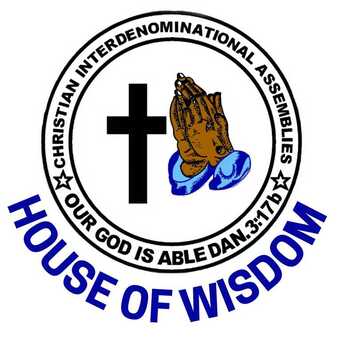When Legacy Visits Lodebar
A story of Jonathan’s Legacy of Loyalty & Trust
Characters
- Mephibosheth
- David
- Jonathan
- Saul
- Ziba
- Nurse
Scripture Reference:
(2 Sam 9:6)
“Now when Mephibosheth, the son of Jonathan, the son of Saul, was come unto David, he fell on his face, and did reverence. And David said, Mephibosheth. And he answered, Behold thy servant!”
The Drops of Mephibosheth
Mephibosheth was royalty, in line for kingship — but he was dropped three times:
1. King Saul (Grandfather)
- Lost his kingdom, privileges, and legacy.
- Dropped Mephibosheth politically and spiritually.
- Jonathan (his father) died, but Mephibosheth couldn’t ascend — God had said No.
2. His Nurse
(2 Sam 4:4)
- In her haste to flee, she dropped him, and he became lame.
- Not intentional, but left permanent damage.
3. Ziba (Caretaker)
(2 Sam 19:26–28)
- Cheated and deceived him.
- Took advantage of his inheritance.
- Slandered him before the king.
Lodebar – The Place of Emptiness
(2 Sam 9:4)
“And the king said unto him, Where is he? And Ziba said unto the king, Behold, he is in the house of Machir, the son of Ammiel, in Lodebar.”
What is Lodebar?
- Geographically: A barren land, deserted place, no pasture.
- Economically: Loss of inheritance, financial struggle.
- Psychologically: Affected his identity and confidence.
- Positionally: Royal by blood, but not living as royalty.
- Spiritually:
- No true relationship with God
- No prayer life
- No desire for the Word
- No joy in fellowship
- No zeal for witnessing, giving, or serving
Lodebar represents bankruptcy of spirituality and morality.
The Palace – Restoration & Royalty
(2 Sam 9:1, 5, 7)
- David sought to show kindness for Jonathan’s sake.
- Mephibosheth was brought out of Lodebar.
- His inheritance was restored.
- He ate continually at the king’s table.
Spiritually, the Palace represents:
- True relationship with God
- A refreshing prayer life
- Desire for the Word
- Joy of fellowship
- Excitement in witnessing
- Cheerful giving
- Service to others
This is a place of Royalty & Spirituality!
Jonathan’s Kingdom Legacy
Jonathan built a Kingdom Legacy (1 Sam. 20:1-42).
- He loved, protected, honored, interceded, and sacrificed for David.
- His faithfulness became the blessing that preserved his son.
1. Faithfulness Leaves a Lasting Impact
(1 Sam 18:4; 20:16–17, 32)
Jonathan’s loyalty to David left a ripple effect across generations.
2. Legacy is Rooted in Relationships
(1 Sam 18:3; Prov. 17:17)
True friendship, honor, and respect build a sustainable legacy.
3. Legacy Bridges Generations
(2 Tim. 2:2)
Legacy is about passing down faith, loyalty, and values that outlive us.
Christ’s Kingdom Legacy
Jonathan’s covenant with David is a picture of Jesus’ covenant with us:
- Jesus built Kingdom legacy by His blood.
- He loved, protected, honored, interceded, and sacrificed for us.
- Through Him we are restored to the Father’s table.
(2 Cor. 5:21)
“God made him who had no sin to be sin for us, so that in him we might become the righteousness of God.”
This is the purpose of Pentecost:
- Because Jesus paid the price and gave us His Spirit,
- We can live in authority and abundance.
Closing Reflection
- Lodebar represents brokenness, barrenness, and disconnection.
- The Palace represents restoration, royalty, and fellowship with God.
- Legacy is not about possessions but about faith, loyalty, and relationships that impact generations.
✨ When Legacy visits Lodebar — restoration, healing, and destiny are restored through covenant love.
